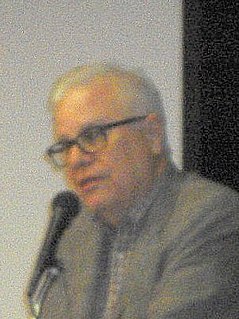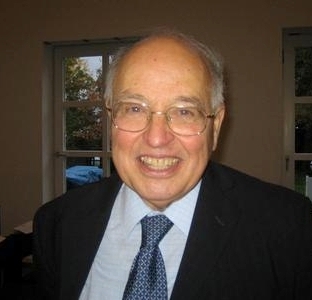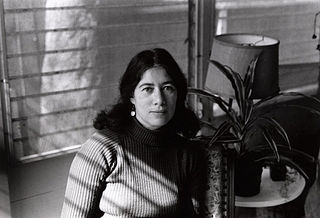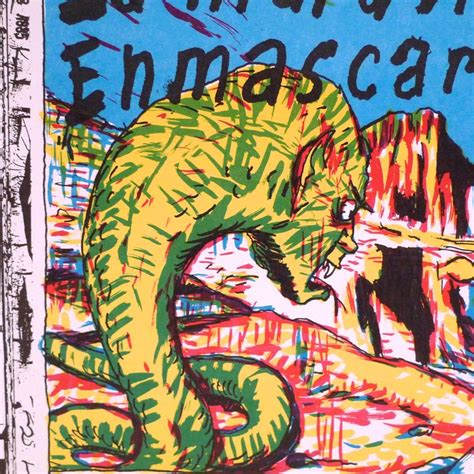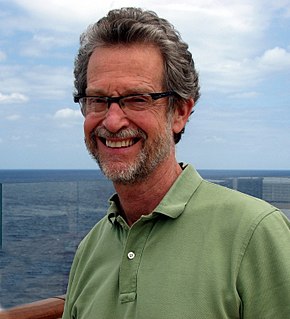A Quote by Marc Guggenheim
At the end of the day, I think the only way to do the kind of job a writer does is push everything aside and just ultimately sit down and do the work.
Quote Topics
Related Quotes
What we really have to do is take a day and sit down and think. The world is not going to end or fall apart. Jobs won't be lost. Kids will not run crazy in one day. Lovers won't stop speaking to you. Husbands and wives are not going to disappear. Just take that one day and think. Don't read. Don't write. No television, no radio, no distractions. Sit down and think. . . . Go sit in a church, or in the park, or take a long walk and think. Call it a healing day.
I'm not the sort of person who does my mathematics writing on paper. I do that at the last stage of the game. I do my mathematics in my head. I sit down for a hard day's work and I write nothing all day. I just think. And I walk up and down because that helps keep me awake, it keeps the blood circulating, and I think and think.
It’s a job. It’s not a hobby. You don’t write the way you build a model airplane. You have to sit down and work, to schedule your time and stick to it. Even if it’s just for an hour or so each day, you have to get a babysitter and make the time. If you’re going to make writing succeed you have to approach it as a job.
I think that very often younger writers don't appreciate how much hard work is involved in writing. The part of writing that's magic is the thinnest rind on the world of creation. Most of a writer's life is just work. It happens to be a kind of work that the writer finds fulfilling in the same way that a watchmaker can happily spend countless hours fiddling over the tiny cogs and bits of wire. ... I think the people who end up being writers are people who don't get bored doing that kind of tight focus in small areas.
Being a fiction writer is really like being an actor, because if you're going to write convincingly it has to sound right and play right. The only way that works is to emotionally and technically act out and see the scene you're in. There's no better job in the world, because when I sit down at that computer I'm the world's best forensics expert, if that's what I'm writing about that day. Or I'm some crazed psycho running down a dark alley. Or I'm a gorgeous woman looking to find a man that night. Whatever! But I'm all of those things, every day. How can you beat that?
I think that at the end of the day I'm drawn to a certain level of ambiguous storytelling that requires hard thought and work in the same way that the New York Times crossword puzzle does: Sometimes you just want to put it down or throw it out the window, but there's a real rewarding sense if you feel like you've cracked it.
I think that, at the end of the day, I'm drawn to a certain level of ambiguous storytelling that requires hard thought and work in the same way that the 'New York Times' crossword puzzle does: Sometimes you just want to put it down or throw it out the window, but there's a real rewarding sense if you feel like you've cracked it.
I think I sit down to the typewriter when it's time to sit down to the typewriter. That isn't to suggest that when I do finally sit down at the typewriter, and write out my plays with a speed that seems to horrify all my detractors and half of my well-wishers, that there's no work involved. It is hard work, and one is doing all the work oneself.

